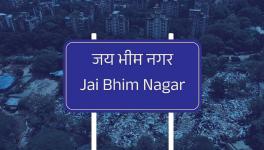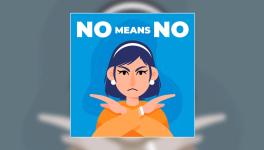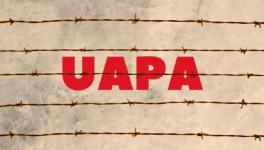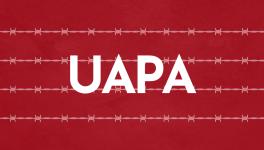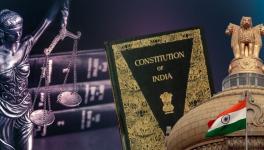Bhima Koregaon: Bombay HC Rejects Navlakha’s Default Bail Plea
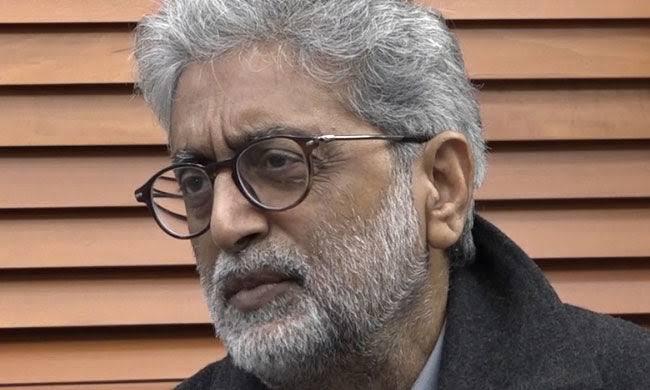
On Monday, February 8, a bench of Justices SS Shinde and MS Karnik of the Bombay High Court rejected the default bail application of civil rights activist Gautam Navlakha in the Bhima Koregaon case.
Navlakha, who has been in jail since his surrender in April 14, 2020, had registered the bail plea after the National Investigation Agency had failed to file the chargesheet within the 90-days limit under the Section 167 (2) of CrPC. Earlier in June 2020, a special court had rejected his default bail plea.
The verdict came after more than six weeks since the matter was reserved for order in December last year.
Senior advocate Kapil Sibal, who was representing the activist, had argued in the court that the total custody period of the accused exceeded 90 days without a chargesheet being filed or an extension of time being granted, Bar and Bench reported.
Highlighting that the activist was put under house arrest from August 29 to October 1, 2018, prior to his surrender, Sibal had argued in the court that the period of house arrest should be included in the custody period. The Bar and Bench report added that Sibal remarked, “arrest is a matter of law, custody is a matter of fact”.
It also argued that by the time the NIA sought extension to file the chargesheet in June 2020, Navlakha had already been in jail for 100 days, including 34 days of custody in 2018. Hence, the activist should be granted default bail under section 167(2) of the Criminal Procedure Code (CrPC).
However, Additional Solicitor General SV Raju, who represented the NIA, opposed the bail saying that the Delhi High Court’s order quashing the house arrest meant that it could not be included in the custody period. He responded that “the special court had rightfully held that Navlakha's house arrest did not constitute detention.” Since the activist was not accessible for interrogation during the period of house arrest, therefore, that does not constitute custody as is the case usually, Raju reportedly added.
Navlakha and 10 other civil rights activists have been booked under the stringent provisions of Unlawful Activities Prevention Act (UAPA) for having alleged Maoist links and conspiring to assassinate the prime minister. All have denied the charges against them.
In April 2018, the Maharashtra Police arrested Navlakha for alleged involvement in the violence in Bhima Koregaon on January 1, 2018. The case was then transferred to the NIA. Following the Delhi HC order quashing the civil rights activist’s arrest, he had filed for anticipatory bail with the Sessions Court and Bombay High Court.
The Bombay HC had granted him interim protection during the hearing of the pre-arrest bail pleas.
After the high court rejected his applications, the activist approached the Supreme Court.
However, the apex court had rejected Navlakha’s bail plea in March 2020, directing him and another accused in the case, Professor Anand Teltumbde, to surrender before the prosecuting agency within a period of three weeks.
The duo later sought extension of the time citing the COVID-19 pandemic.
But on April 9, the Supreme Court extended the time by one week by way of last chance, following which the activist surrendered on April 14, 2020.
Get the latest reports & analysis with people's perspective on Protests, movements & deep analytical videos, discussions of the current affairs in your Telegram app. Subscribe to NewsClick's Telegram channel & get Real-Time updates on stories, as they get published on our website.










